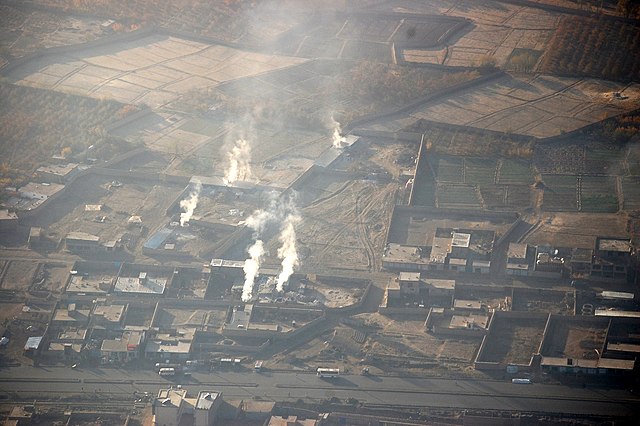The essentials of carbon taxes
Carbon taxes have been the subject of debate for years now. Whether they would do more harm than good, whether they would lead to minor economic recessions, or whether they would save the world from global warming are all real questions that have been discussed by politicians and by the average person before. These are still being debated to this day, and even as of the writing of this article, California has still yet to make up its mind on a true state-wide carbon tax. But what is a carbon tax, and how does it differ than the cap and trade system currently implemented in California?
First of all, I want to make clear the difference between a carbon tax and a cap and trade system. A carbon tax works like you think it will: for each unit of carbon dioxide emitted, a certain amount of money is taxed on the emitter. This has been implemented to great effect in smaller countries like South Africa and Argentina. However, most major countries have yet to implement a carbon tax. More common are carbon trading systems, like those found here in California.
Here in California, we don’t have a direct tax on emissions, but rather an allotment of carbon dioxide emissions per greenhouse gas emitting company. Think of it like a token system. For each token you can emit 3 tons of carbon dioxide, and every company is only issued a set number of these tokens annually. Crucial to the cap and trade system is the trading part, where more tokens can be sold and bought through auctions from the state or through secondary companies who have an excess. In essence, a market for carbon dioxide tokens, or emission allotments, is created with the cap and trade system.
Cap and trade systems and carbon taxes have been shown to work. In Canada, the United Kingdom (and to a lesser extent the entirety of the European Union), nationwide carbon taxes and cap and trade systems have worked well. Overall, they have been proven to bring down carbon emissions very effectively.
Now, I encourage you to stay informed about topics like this. It is for the good of our planet, after all. Whether I’ve piqued your interest or not, you at least now know what a carbon tax is, and whether or not you want to delve deeper into learning about it. Since almost everything from heavy industry to electricity generation partially relies on fossil fuels, carbon taxes and cap and trade systems are set to play a large role in future politics. With that in mind, at least you’ll know a little more about what carbon taxes are when they inevitably become the subject of debate on the news, radio, or really anywhere else.
Your donation will support the student journalists of Dublin High School. Your contribution will allow us to purchase equipment and cover our annual website hosting costs.

Jacob Siauw is a junior at DHS. During his freshman year, he wrote a regular column for the Shield. Before stopping during his junior year, he used...









![[Book Review] Weapons of Math Destruction: The insidious danger of Big Data](https://thedublinshield.com/wp-content/uploads/2024/06/wmdsarticle-727x1200.jpg)

























